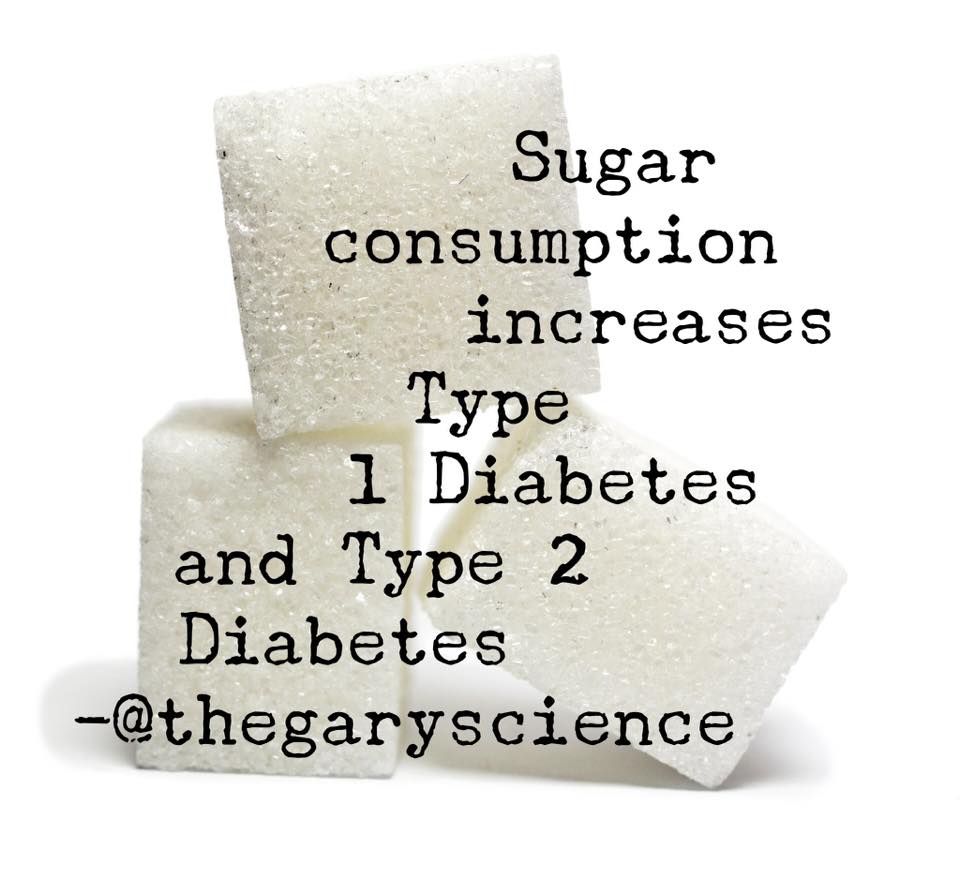I have come across this recent work that builds on the relationship of loneliness, even perceived loneliness and inflammation. It is not a temporary effect either with potential effects over 12 months. It also appears to be …separate to stress and depression.
Christmas is a time of celebration and coming together of families but it is a time of social isolation for many, and loneliness is at the top of that list.
All of this may go part way to the increased risk of a variety of health issues in those with mental stresses. Nutrition is part of that cycle and is one thing that can be modified, so can reaching out to someone around you. Christmas is a good time to start.
“What the research team found is that perceived social isolation—the “feeling of loneliness”—was strongly linked to two critical physiological responses in a group of 141 older adults: compromised immune systems and increased cellular inflammation. Both outcomes are thought to hinge on how loneliness affects the expression of genes through a phenomenon the researchers call “conserved transcriptional response to adversity,” or CTRA.
The longer someone experiences loneliness, the greater the influence of CTRA on the expression of genes related to white blood cells (aka, leukocytes, the cells involved in protecting us against infections) and inflammation.”
http://www.forbes.com/…/loneliness-destroys-physical-healt…/
The full study
http://www.pnas.org/content/112/49/15142.full
https://www.facebook.com/393958287365295/photos/a.407869679307489.94446.393958287365295/937131779714607/?type=3



 Inflammation well and truly sits behind virtually all modern disease. I believe nutrition and the modern diet are central to that inflammation but it is clearly not everything.
Inflammation well and truly sits behind virtually all modern disease. I believe nutrition and the modern diet are central to that inflammation but it is clearly not everything.





